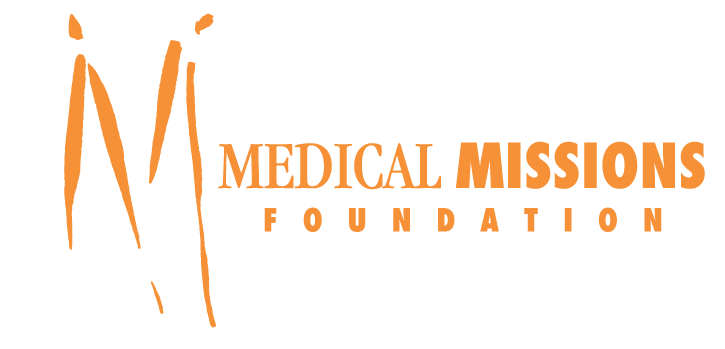India 2018 – Powerful Partnerships
Josie Bell is getting emotional. For three days, the CRNA has worked with a local anesthesia tech named Tularam. Their communication is limited—“I think he understands me better than I understand him,” she says—but they have bonded in the OR. Until this week, Tularam had never worked directly with patients. Now, under Josie’s tutelage, he has learned about pre-care and post-care, and how to handle patients when they’re waking up.
“I have confidence after working with Josie,” he says through a translator outside the bustling OR. And that does it: Josie wipes a tear from her cheek.

Josie and Tularam, partners in anesthesia.
“He’s been delightful,” she says. “He won’t let me do anything. I start to do it, and he’s like no, let me. He’s awesome. His future is bright.”
Positive, productive relationships are one of the highlights of the week in Bhopal. In the urology room, Narendra Khare, MD, works with his resident from Rush University, Wei Phin Tan, MD. Their many surgeries include the tricky removal of a large kidney stone. In the PACU, 18-year-old Sophia Pomeroy, who traveled here with her urologist father, Brandon Pomeroy, is assisting with scheduling and patient flow. This is her first trip to a non-Western country, and the experience has strengthened her desire to be a trauma surgeon.
Collaborations, it seems, are everywhere here. Between student groups and RNs. Between local surgical personnel—several of whom are volunteers—and their American counterparts. This emphasis on relationships makes Medical Missions Foundation different from other visiting medical groups. The idea isn’t to take over a hospital, do the work, and leave. It’s to interact. To not only teach others, but to learn from others.

Dr. Khare and Dr. Tan remove a kidney stone. A big one.
“When we come to these places, it’s always an exchange of ideas,” says Kay Johnston, RN. In the PACU, nurses are teaching local students how to count heart rates, take blood pressures, and start IVs. And the students are inspiring the RNs with their hunger to learn.
“It’s their patience, their smiles, their kindness, their humility,” says Johnston. “It’s their willingness to help and how much they think they’re going to learn from us. It’s humbling.”
These mutually beneficial relationships will continue once the week is over. Hospital administrator Bharat Chawla plans to travel to Kansas City in the fall to see how U.S. hospitals are run. Already, the Sewa Sadan Eye Hospital has overhauled its pre-op and post-op procedures based on its relationship with Medical Missions Foundation.
For Bell, the objective of these mission trips is not to provide assistance, but to ensure that assistance isn’t needed. “The ultimate goal,” she says, “should be that we don’t need to come back.”
